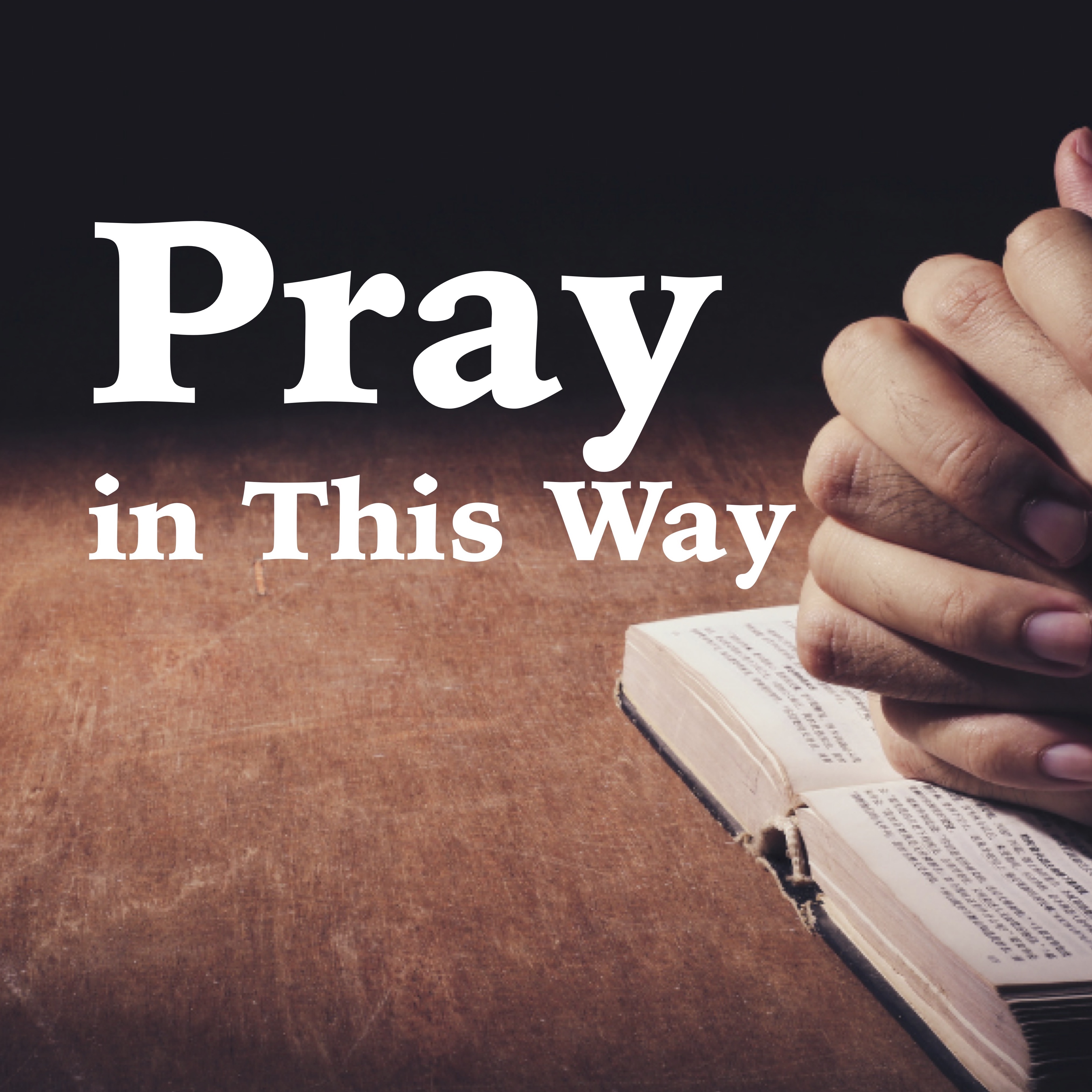
Prepare your heart for the Sermon by looking through these suggestions that will assist you in making the most of our time together hearing God's Word.
You will find suggestions for thinking more critically through the passage, meditating more intently on the text, and prayerfully seeking wisdom to deepen your understanding of the passage to be preached this Sunday.
Carefully Think
- Read Psalm 32
- Who wrote this psalm?
- Which book of the Psalter does this Psalm show up? (See Headings of Psalm 1 and Psalm 42)
- How does verses one and two connect all the way back to the introduction of the whole psalter in Psalm 1?
- What kind of person does verse one and two describe?
- Why is the man described blessed?
- What does it mean in verse two when it says that the “Lord does not impute iniquity?”
- What happened when the psalmist kept his sin silent?
- What did the psalmist do in response?
- What does the psalmist mean by the Lord forgiving the “guilt of my sin?”
- Does verse 6 imply that there are times when God could not be found? Why/Why not?
- What is the instruction given in verse 8 and following by the psalmist?
- What is the response we are to have to God’s forgiveness as seen in verse 11?
Prayerfully Meditate
- Why would the psalmist use several different terms for sin in the first few verses
- How does the psalmist describe his condition when he does not confess his sin?
- Why does a lack of confession lead to these feelings and experiences?
- Does God forgive those who do not acknowledge and confess their sin? How do you know?
- How does verse 6 connect to the previous verses? What is the “therefore” connecting?
- How is God a hiding place for his people?
- How does the illustration of a horse and bridal enhance the teaching of the psalm?
- What role does trusting God have in confession? (See verse 10)
- How does the last verse of Psalm 32 set you up for Psalm 33? Why might the psalmist have placed these psalms together?